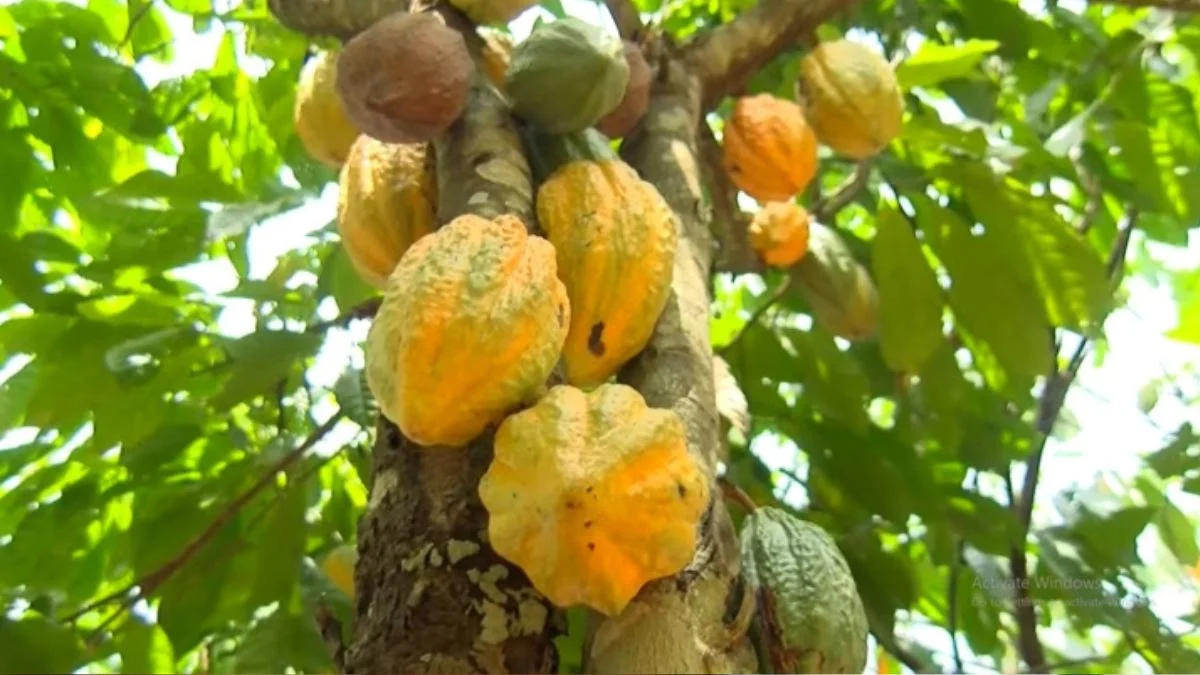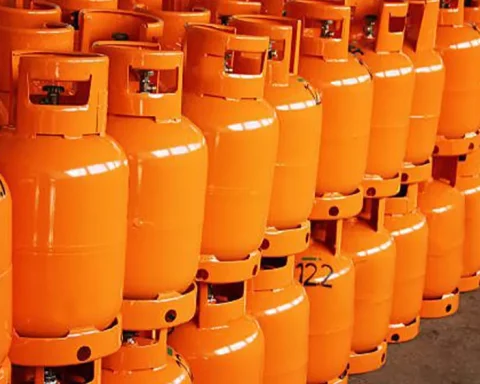Reports from Cocoa Post indicate that some cocoa processors in Ghana have ceased operations due to a severe shortage of cocoa beans.
A source close to the matter revealed to the news portal that several grinders in the country have not received allocations of cocoa beans for months, leading to a dire situation.
“The situation is terrible, no beans available,” the source emphasized, expressing surprise at the unprecedented scarcity.
As a result, some processing plants have been forced to shut down temporarily until a regular supply of cocoa beans resumes.
Despite some processors in the Tema industrial Free Zones enclave still operating with old stock, the source warned that it's only a matter of weeks or days until they also halt operations.
Specifically, concerns are raised regarding the potential shutdown of Olam's 45,000-ton capacity cocoa processing plant in Kumasi if beans remain unavailable.
The company's warehouse, with a capacity of 32,000 tons, is reported to be practically empty, receiving only occasional rations of cocoa beans.
The cocoa shortage crisis could lead to personnel layoffs by affected companies to mitigate a total collapse.
Leading cocoa processors in Ghana, including Barry Callebaut, Cargill, and Cocoa Processing Company, which collectively grind about 40% of the country's annual average cocoa output, are impacted by the scarcity.
Ghana, the world's second-largest producer of cocoa beans, has faced declining annual crop output due to various factors such as adverse weather conditions, disease, and illegal gold mining.
Additionally, challenges in securing payment from COCOBOD for cocoa already delivered exacerbate the situation.
Despite COCOBOD's forecast of about 800,000 metric tonnes of cocoa production for the 2023/24 season, industry experts anticipate a harvest of only around 570,000 metric tonnes.
Last year's production shortfall led to Ghana defaulting on supply contracts for up to 44,000 metric tonnes, a first in the country's history.









